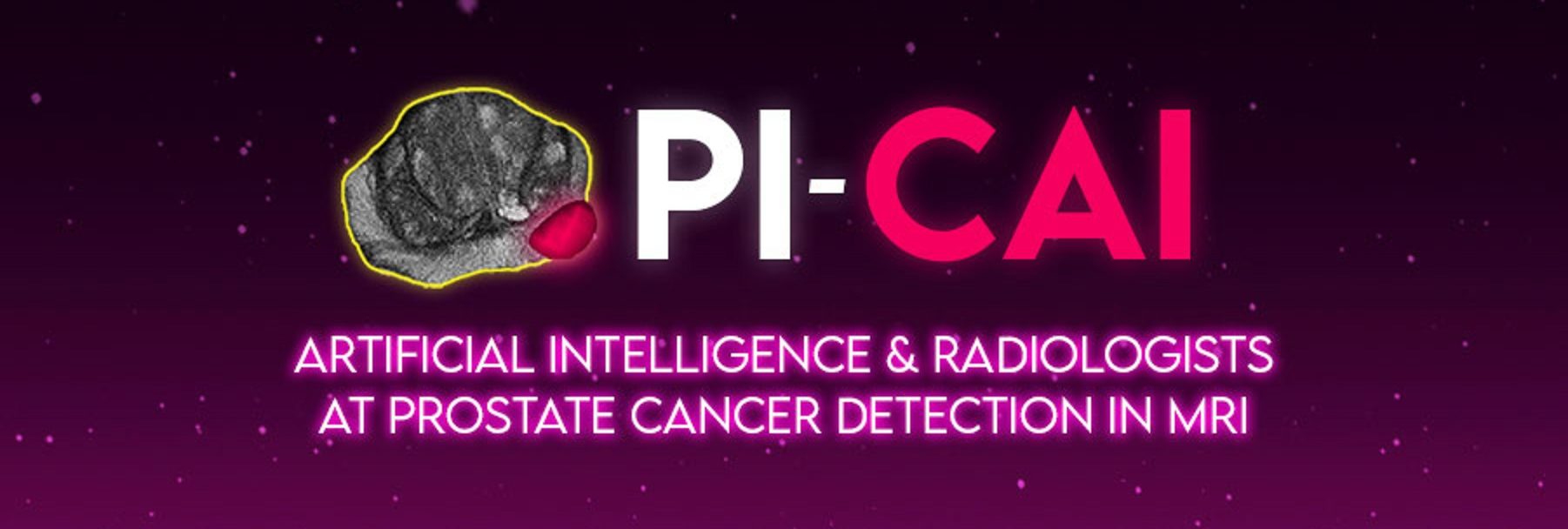
Guerbet, a global leader in medical imaging solutions, emerged as the winner of the PI-CAI Grand Challenge for Prostate Cancer Detection. The challenge aimed to compare the performance of artificial intelligence algorithms in diagnosing prostate cancer. Guerbet ranked first in all categories, showcasing its commitment to innovation. This achievement highlights their dedication to improving cancer diagnosis and care. They plan to continue investing in advanced technology solutions and collaborating with healthcare professionals to enhance accessibility.
Guerbet, a renowned global expert in medical imaging solutions and contrast media has announced the remarkable achievements of its teams in the PI-CAI Grand Challenge. This international challenge, organized by a consortium consisting of radiology opinion leaders, urologists, and artificial intelligence experts, aimed to compare the performance of artificial intelligence algorithms in detecting prostate cancer.
Prostate cancer diagnosis is a pressing public health concern
Prostate cancer, the second most common cancer among males according to the World Health Organization, afflicts 1.4 million individuals worldwide annually and accounts for 6.8% of male cancer-related deaths (approximately 350,000 deaths per year). Presently, only 10% to 20% of patients are diagnosed at a stage where the tumor can be surgically removed.
Magnetic resonance imaging (MRI) plays an increasingly vital role in the early detection of prostate cancer. The European Association of Urology recommends an MRI before considering a biopsy. However, interpreting prostate MRI is challenging and demands a high level of expertise to mitigate the considerable variability of interpretations and diagnostic errors highlighted in certain studies.
Nonetheless, advancements in artificial intelligence have made it possible to develop machine learning systems employing supervised learning algorithms trained on extensive medical data from patients with suspected prostate cancer. By training artificial intelligence on this data, it becomes feasible to create models capable of detecting early signs of prostate cancer.
The PI-CAI Grand Challenge: Driving Progress in prostate cancer diagnosis
Launched in November 2022, the PI-CAI Grand Challenge focused on prostate cancer detection, aiming to stimulate technological advancements in early diagnosis and precise detection of the disease while evaluating participants’ artificial intelligence algorithms.
With the participation of over 320 academic and industrial teams, including Guerbet, each team was tasked with submitting an artificial intelligence algorithm capable of diagnosing more than 10,000 prostate MRI examinations for comparison with diagnoses made by radiologists specializing in prostate imaging.
The PI-CAI Grand Challenge comprised two stages. Initially, participating teams were asked to train their algorithms using approximately 1,500 data points, which were then tested on a set of internal data from 1,000 patients by the organizers. During the 2022 Annual Meeting of the Radiological Society of North America (RSNA) held in Chicago, the Guerbet team received recognition by securing the first and second positions based on performance metrics.
For the second stage of the challenge, the organizers proposed that the top 5 finalists from the first stage train their algorithms on a significantly larger database consisting of 9,100 MRIs to assess their performance. Once again, Guerbet excelled in meeting the challenge and claimed the top position in all categories, as announced on July 10th at the Medical Imaging with Deep Learning (MIDL) conference in Nashville, United States.
Simultaneously with this artificial intelligence challenge, the organization conducted a multi-center, multi-reader study on the same database to compare radiologists’ results with those of the algorithms. The findings from this second part of the study will be published shortly.
“This recognition demonstrates our dedication to innovation and research aimed at enhancing the diagnosis and care of cancer patients. We will continue to invest in advanced technology solutions to combat this disease and collaborate with healthcare professionals to further refine our technology and accessibility. As part of the non-exclusive licensing agreement signed with Intrasense in the first half of 2024, we will establish an initial marketing pathway for an AI prostate cancer algorithm. This agreement entails the marketing of a product incorporating the Guerbet prostate algorithm in the first quarter of 2024,” stated François Nicolas, Senior Vice President of Research, Development, and Innovation and Chief Digital Officer at Guerbet.




